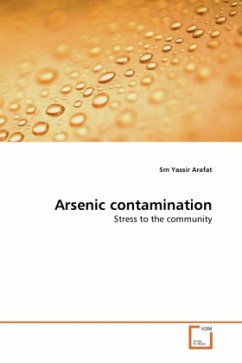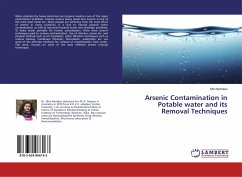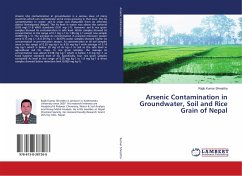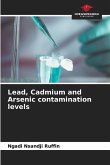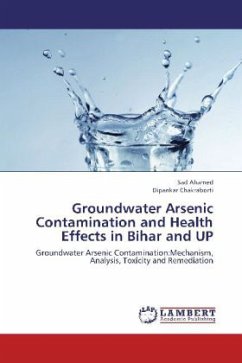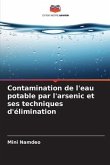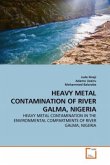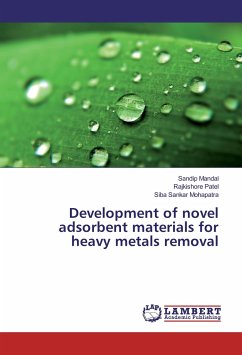Bangladesh is a developing country of 125 million people within 1,47,570 km2 of land area and placed in the south-east Asia on the globe. Recently Bangladesh has been found to be affected by arsenic toxicities for drinking tubewell water contaminated with arsenic. It is reported that in the areas of sixty one districts out of sixty-four districts in Bangladesh, groundwater has been found to be affected by arsenic contamination. Inorganic forms of arsenic dissolved in drinking water are the most significant forms of natural exposure. Organic forms of arsenic that may be present in food are much less toxic to humans. Clinical symptoms of arsenic poisoning begin with various forms of skin disease, and proceed via damage to internal organs ultimately to cancer and death. In the present work tubewell water, human scalp hair and vegetable samples of Boro Dudpatila village,Chuadanga, Bangladesh were analyzed for arsenic determination using neutron activation analysis technique. In the present book attention is drawn to some of the findings of this study that may be helpful in this regard and particularly in selecting priorities for the emergency action programme

